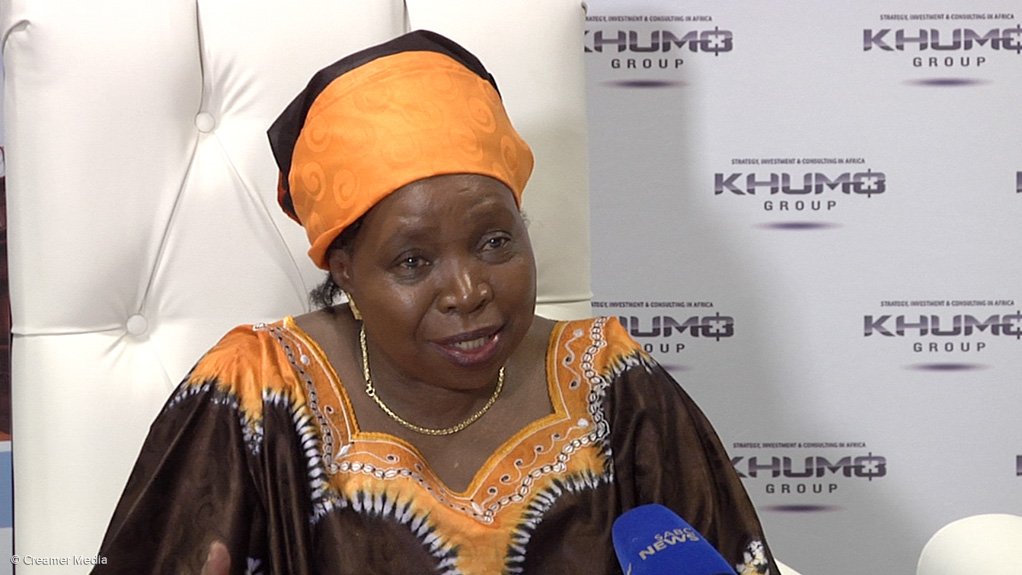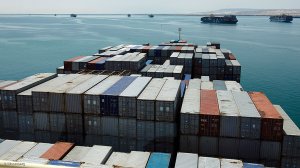Africa was starting to see the maritime industry as a key strategic sector and its development would be prioritised in future, African Union Commission (AUC) chairperson Dr Nkosazana Dlamini-Zuma said at the inaugural Africa Maritime Indaba, in Sandton, on Friday.
South Africa’s Deputy Transport Minister Sindisiwe Chikunga added that, despite 98% of the country’s trade being carried out by sea, South Africa did not have its own fleet of commercial shipping vessels on its ship registry.
It is the only country in the Brazil, Russia, India, China and South Africa grouping, known as Brics, not to have its own ships.
“The Department of Transport has declared this year the Maritime Year and, at the end of this financial year, we want to have and register our own ships. We have our own cargo and, therefore, we also need our own fleet,” Chikunga stated.
She added that owning ships was of importance, as those who owned the ships also controlled the maritime sector.
Dlamini-Zuma reiterated the importance of African countries owning their own vessels, adding that Africa as a whole needed more activity on the seas to better make use of the opportunities presented by the continent.
“To this end, the African Union has started developing an African Integrated Maritime (AIM) Strategy 2050, which still requires further consultation before presentation to the policy organs for adoption,” she added.
Speaking at a media briefing following her address, Dlamini-Zuma said that developing Africa’s maritime sector required a multifaceted approach, as was advocated in the AIM 2050.
“We cannot pinpoint a specific area at which to start to develop the industry but should rather focus on various areas that need attention simultaneously,” she said, adding that one of the areas that needed urgent attention was that of skills development.
“For Africa to reach prosperity and integration, we need a skills revolution,” she noted.
Chikunga stated that the South African government recognised the need for skills development and, therefore, a South African maritime academy had to be established.
“We are liaising with Poland in this regard and hope to eventually sign a memorandum of understanding to guarantee their assistance in the development of such an academy,” she said during the media briefing.
Further, Dlamini-Zuma said laws had to be put in place to harmonise trade and eliminate delays related to shipping goods to and from Africa.
In addition, Dlamini-Zuma and Chikunga also pointed out the need for sufficient infrastructure across the continent, as this was needed to get the goods to the ports.
“This multidisciplined approach that is needed to grow the maritime industry speaks to not only government but also to business and port authorities, besides others,” the AUC chairperson stated.
EMAIL THIS ARTICLE SAVE THIS ARTICLE
To subscribe email subscriptions@creamermedia.co.za or click here
To advertise email advertising@creamermedia.co.za or click here












